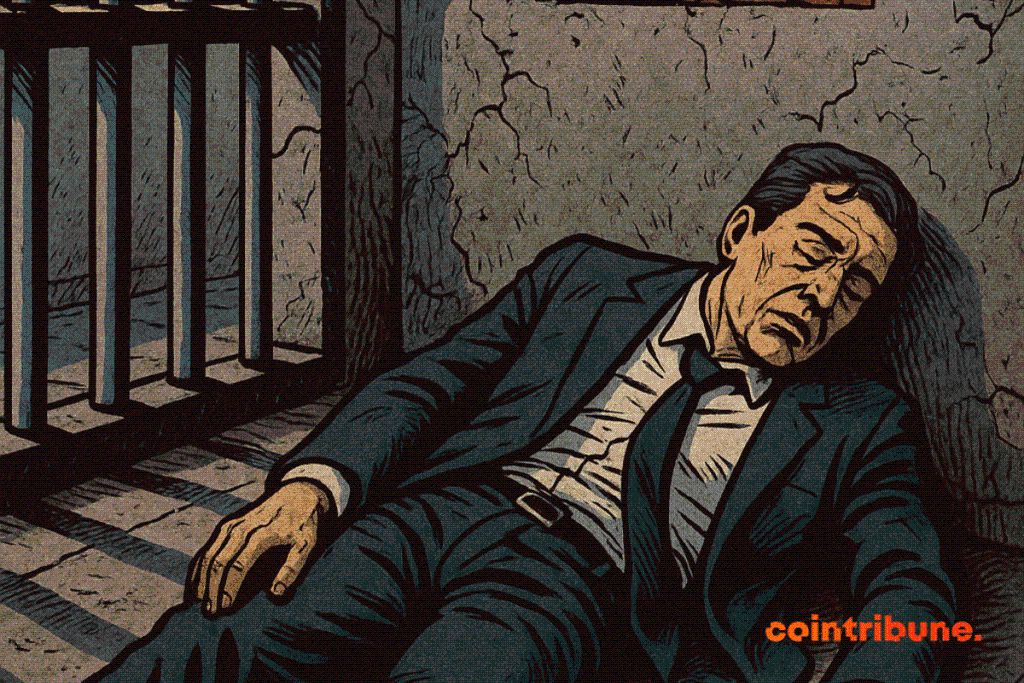Faruk Özer Dies In Prison, Questions Rise Over Crypto Fraud Case
Faruk Fatih Özer, former CEO of the crypto exchange Thodex, was found dead in his cell in Tekirdağ. Turkish authorities are conducting an investigation and currently favor the hypothesis of suicide. Thodex collapsed in 2021 after the withdrawal freeze, before Özer’s flight and then his extradition in 2022.

In brief
- Faruk Fatih Özer, former CEO of the crypto exchange Thodex, was found dead in prison in Tekirdağ; the investigation favors suicide.
- Thodex, founded in 2017, collapsed in 2021; Özer was extradited then sentenced in 2023 to 11,196 years for fraud.
- Estimated losses vary from $24 million to $2.6 billion (Chainalysis), reigniting the debate on crypto governance and regulation.
A death that raises questions
The former boss of Thodex, Faruk Fatih Özer, was found dead in his cell in Tekirdağ. The information comes from Turkish public television, relayed by Bloomberg. The initial elements lead investigators to the hypothesis of suicide.
The investigation is ongoing. Turkish authorities say they favor the voluntary act, without excluding other scenarios. Official communication remains sparse, but the timeline of the last hours of detention will be scrutinized.
This death abruptly closes a case that has become emblematic of the excesses of crypto in hyper-growth. It also raises, once again, the question of detention conditions for highly publicized convicts in Turkey.
Thodex, from flash to collapse
Özer had founded Thodex in 2017. The platform quickly established itself in Turkey before freezing withdrawals in April 2021 then collapsing. The CEO then fled to Albania, from where he was extradited to Turkey the following year.
In 2023, a Turkish court handed him a staggering sentence : 11,196 years in prison for fraud and other offenses. A decision commensurate with the scandal perceived by public opinion and the Turkish legal arsenal, which accumulates penalties article by article.
The damage remains controversial. The indictment cited about 24 million dollars, while some media mention up to 2 billion. On its side, the on-chain analysis by Chainalysis estimates losses at 2.6 billion. This is far from the 75 billion dollars of illicit crypto .
What consequences for crypto regulation?
Özer’s death will reignite the debate. In Turkey, first, where the rush to digital assets has faced sensational scandals and still uncertain frameworks. The key question: how to reconcile investor protection and innovation, without strangling the local ecosystem?
Beyond borders, the Thodex case will remain a textbook example. It reminds us that the architecture of an exchange (governance, fund segregation, access control, proof of reserves audits) is not an accounting detail but the backbone of trust. Without these safeguards, the promise of a 24/7 market turns into systemic risk. Supervisors will closely watch on-chain traceability and the criminal responsibility of leaders.